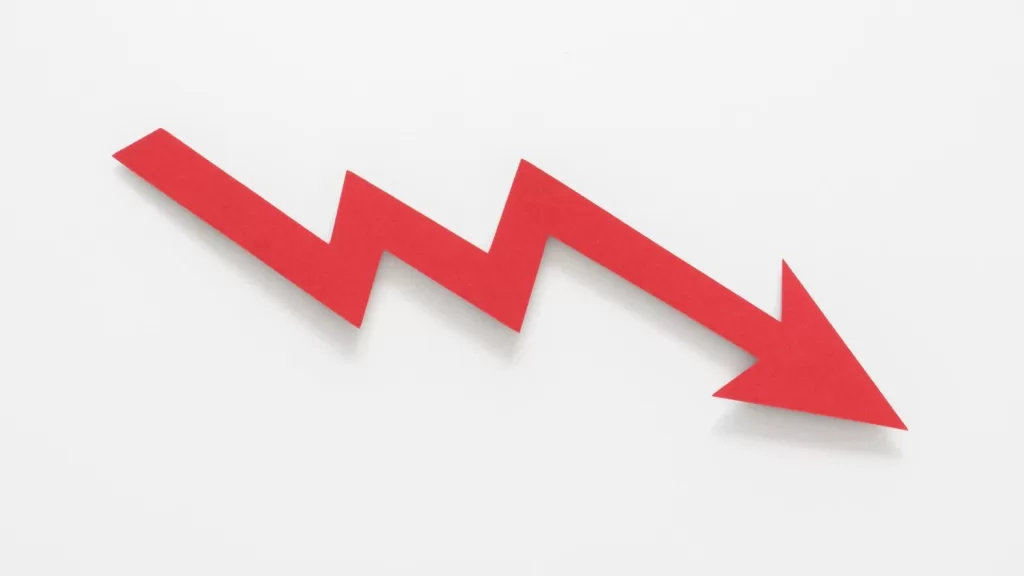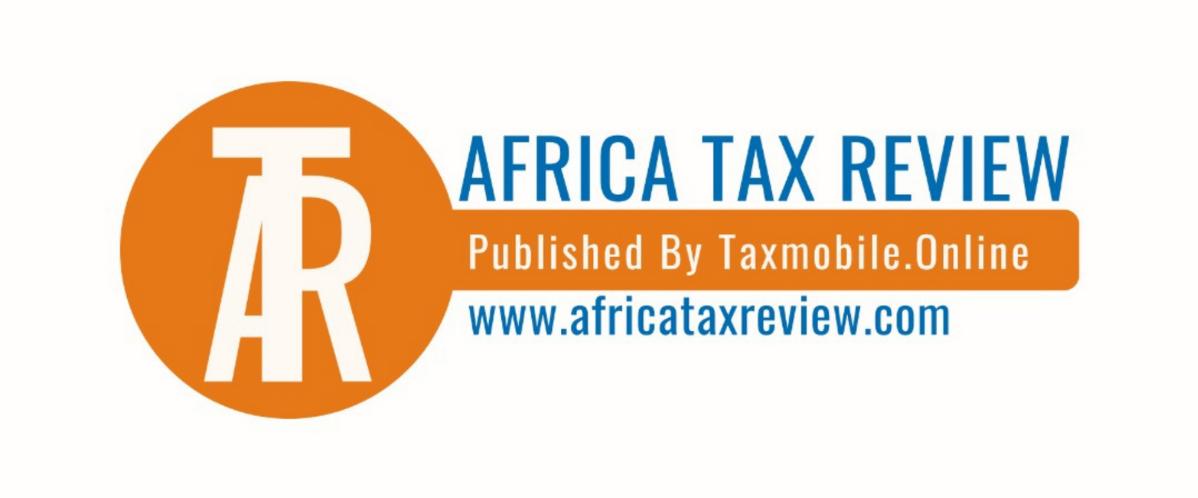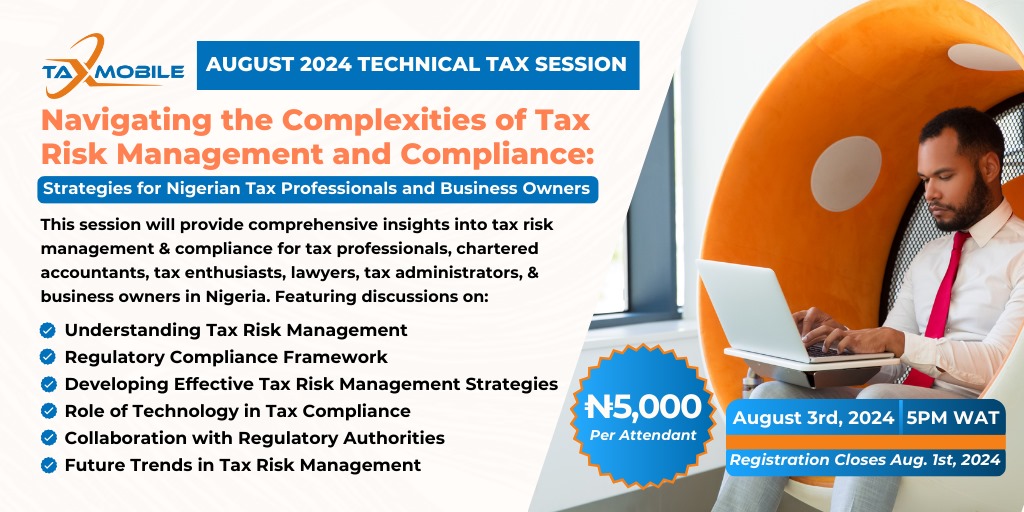
Ghana falls short of sub-saharan africa average on Paying Taxes Indicator. This is below the average 57.8 for Sub-Saharan Africa on the Paying Taxes Indicator in the last Doing Business Report.
The Doing Business Report which is usually issued by the World Bank compares business regulation in countries across the world.
Contained in the report is the Paying Taxes Indicator which compares the taxes and compulsory contributions that a medium-size company must have remitted or kept back in a particular year, as well as the administrative burden of remitting taxes and contributions in an economy.
Sub-Saharan Africa Average on Paying Taxes Indicator: More Update
With the country’s score of 56 on the Paying Taxes indicator, Ghana ranks 152 out of 190 countries.
In 2017, Ghana ranked 122 with a score of 62.9, and according to the data contained in the last report published in 2020, taxes and other statutory and regulatory payments may cost up to 55% of profits as opposed to a regional average of 47.3.
For the whole report, the country ranked 118 on business environment in 2020, falling from 108 in 2017.
The Doing Business Report also measures how long it takes to get a value added tax (VAT) refund, rectify a simple mistake on a corporate income tax return that can possibly activate an audit and good practices in administrative appeal processes.
According to the report, a company situated in Ghana has to make 36 different types of payment every year, expending an aggregate of 226 hours to meet those obligations.
Nigeria ranks 159 with 48 times payments every year costing businesses 38.4% of profits, and expending 343 hours.
Ato Forson foresees a new yearly tax of GHS100 for owners of petrol and diesel vehicles
The Minority Leader in Parliament, Cassiel Ato Forson foresees an additional GHS100 yearly tax for owners of petrol and diesel vehicles in Ghana.
According to Forson, as a result of the government’s insatiate appetite for taxes, a GHS100 tax will be charged on petrol and diesel-powered trotros, aboboyaas, okadas, taxis, commercial buses, ambulances, private cars, e.t.c.
He intimated that the new “eco-tax” as the government calls it, is part of a tax bill presented by President Akufo-Addo and Vice President Bawumia, and its essence is to encourage the use of more eco-friendly sources of energy.
He however condemned the move, stating that the additional GHS100 yearly tax will place a burden on Ghanaian vehicle owners.
Follow us on Twitter for more update
The information contained herein is general and is not intended, and should not be taken, as legal, accounting or tax advice provided by Taxmobile.Online Inc to the reader. This information remains strictly the opinion of Taxmobile.Online Inc.
The reader also is cautioned that this material may not apply to, or suitable for, the reader’s specific circumstances or needs, and may require consideration of other tax factors if any action is to be contemplated. The reader should contact his or her Tax Advisers before taking any action based on this information.
All rights reserved. No part of this document may be reproduced, retransmitted or otherwise redistributed in any form or by any means, electronic or mechanical, including by photocopying, facsimile transmission, recording, rekeying, or using any information storage and retrieval system, without written permission from Taxmobile.Online Inc.

